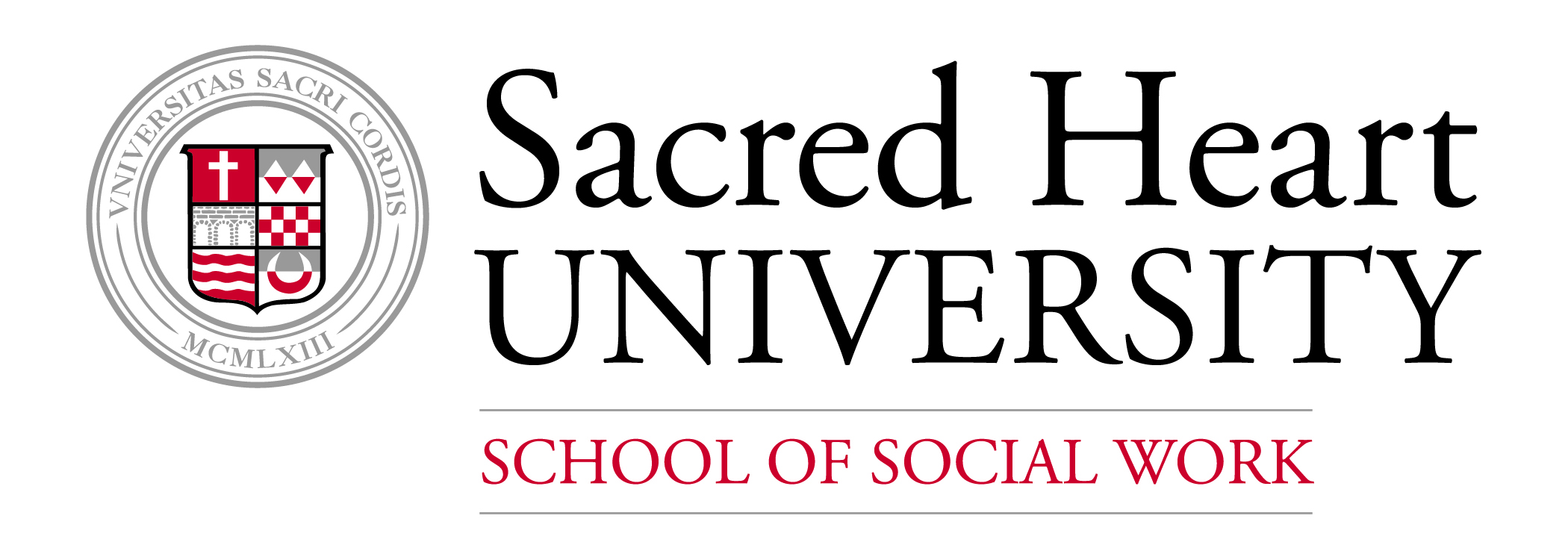Document Type
Peer-Reviewed Article
Publication Date
2019
Abstract
Puerto Rican fathers remain an understudied population despite the growing Latino community in the U.S. Understanding how Puerto Rican fathers perceive their roles as fathers can inform our conceptualization of their engagement with children as well as the development of culturally-specific parenting interventions. In this qualitative study, focus groups were conducted with Puerto Rican men to identify their perceptions of their role as a father and how individual, child, and cultural influences may relate to these roles. Parenting roles identified by fathers in the study were: being there, maintaining open communication, building confidence, preparing for adulthood, teaching culture/values, and providing a role model for their children. The study also explored father and child characteristics, history with their own father, and a hybrid cultural perspective as influences on Puerto Rican fathers’ perceptions of their parenting roles. Due to the increasing population of Puerto Rican and other Latino sub-groups, providers and social workers working with Puerto Rican families should understanding the perceived parenting roles within families to better engage and support fathers and families within this growing population.
DOI
10.18060/22581
Recommended Citation
Mogro-Wilson, C., Loomis, A. M., Hayes, C., & Rojas, R. (2019). Emerging bicultural views of fatherhood: Perspectives of Puerto Rican fathers. Advances in Social Work, 19(2), 311-328. Doi: 10.18060/22581
Creative Commons License

This work is licensed under a Creative Commons Attribution 4.0 International License.
Included in
Family, Life Course, and Society Commons, Latin American Languages and Societies Commons, Latina/o Studies Commons, Social Work Commons



Comments
Crystal Hayes is also affiliated with the University of Connecticut School of Social Work.
Copyright to works published in Advances in Social Work is retained by the author(s). All articles published in this journal are licensed under a Creative Commons Attribution 4.0 International License.